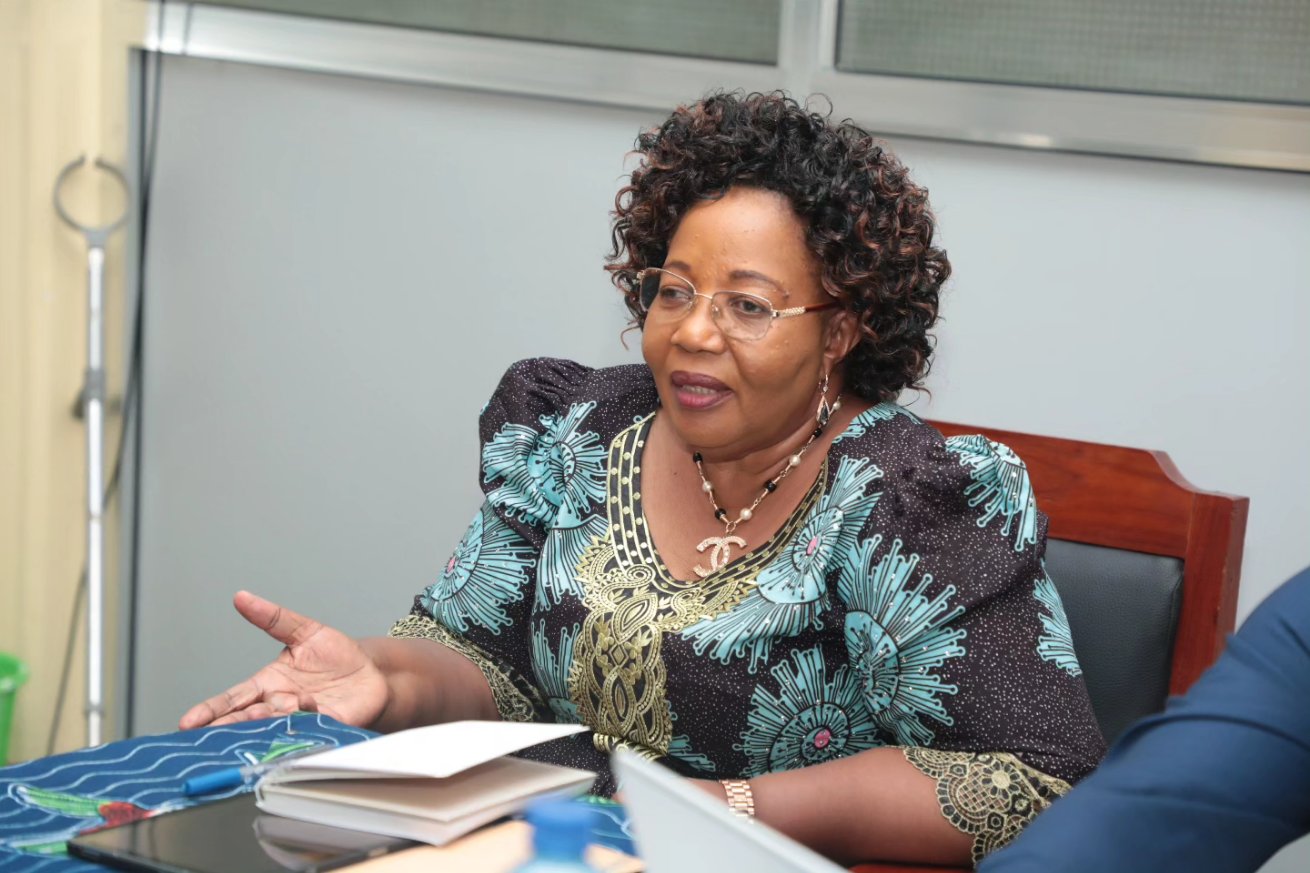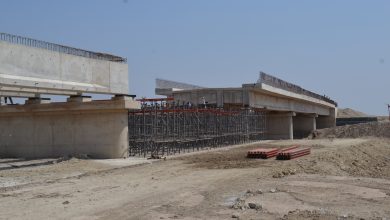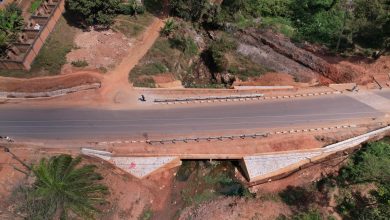Give incentives to uplift Kagera pass rate

KAGERA: KAGERA Regional Special Seats Legislator (CCM), Ms Bernadetha Mushashu, has called on parents and other stakeholders to provide incentives to top-performing pupils in order to increase the region’s pass rate.
A report presented during a recent Regional Consultative Committee (RCC) meeting revealed a steady decline in the pass rates for Standard Four and Standard Seven over the past five years.
“This strategy requires joint efforts. We all need to take responsibility. Parents and stakeholders should start offering incentives to the best-performing pupils to help raise the pass rate.
Weekly brainstorming tests should be reintroduced and parents should be encouraged to provide meals for pupils during school hours,” she said.
Ms Mushashu also recommended that pupils in Standard Four and Standard Seven who are preparing for national exams be allowed to study on Saturdays. Muleba North Legislator (CCM), Mr Charles Mwijage, attributed the issue to the shortage of teachers and the problem of alcohol consumption among some teachers.
“It’s time to take disciplinary action against teachers who neglect their duties. Ward Education Officers (WEOs) should be given more authority to address the issue of unruly teachers,” he said.
ALSO READ:Modern Kagera international airport in pipeline
Kagera Regional Education Officer (REO), Mr Michael Lugola, explained that the pass rate for Standard Four had significantly dropped from 91 per cent in 2021 to 85.8 per cent last year.
For Standard Seven, the pass rate also fell from 88 per cent in 2020 to 70 per cent last year. However, there was a slight improvement in the Form Four pass rate, which increased from 88.6 per cent in 2022 to 94.5 per cent last year.
Mr Lugola identified several factors contributing to the decline in pass rates in Kagera Region, including the lack of school meals, poor attendance and teacher shortages.
He stressed the importance of a school meals programme to provide students with porridge in the morning and lunch during the school day.
“Without adequate food, pupils cannot concentrate on their studies, leading to poor performance. A school feeding programme can help address nutritional issues, especially among pupils,” he said.
He also said that all stakeholders must collaborate to address the growing issues of truancy and school dropouts. Parents across the country should contribute maize and sugar to ensure that students receive meals while at school.
Mr Michael Edmond, an academic teacher at Bugandika Secondary School in Missenyi District, shared that poor parental involvement, particularly in contributing food for their children, is a significant factor leading to poor academic performance and school dropouts.
“Parents play a crucial role in improving academic performance. When they fail to support the feeding programme, it directly impacts students’ success and leads to increased dropout rates,” he said.
He also pointed out other challenges, such as parents’ negative attitude toward monitoring students’ performance, not attending school meetings and the long distances some students must travel due to the lack of hostels.
“When parents disengage, it creates a gap that results in poor performance and higher dropout rates,” he added.





